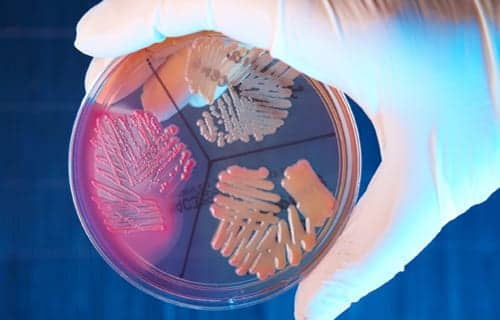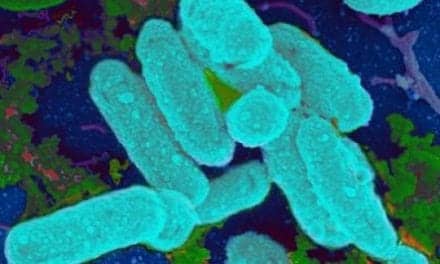UC-San Diego researchers found that cigarette smoke strengthens MRSA bacteria by altering their cell walls in such a way that they are better able to repel antimicrobial peptides and other charged particles.
Once inside macrophages, smoke-exposed MRSA were more resistant to killing by reactive oxygen species, the chemical burst that macrophages use to destroy their microbial meals, the researchers found.
In a mouse model, MRSA exposed to cigarette smoke survived better and caused pneumonia with a higher mortality rate.
Cigarette Smoke Makes MRSA More Aggressive










